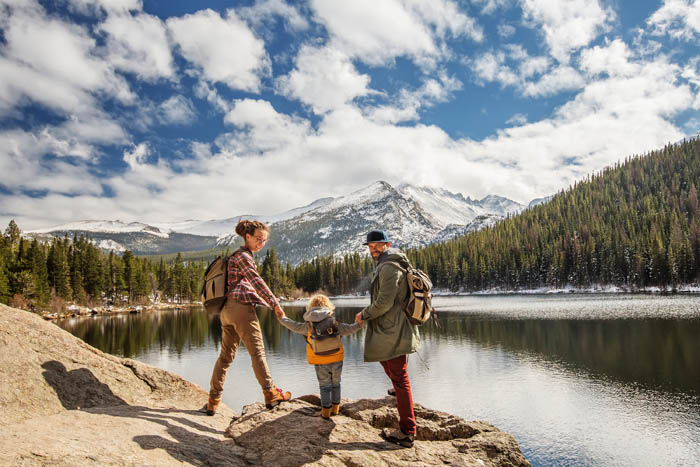Short-term Rental News Digest – May 2021

The news that dominated the month of May concentrated mostly on predictions for the future of travel. Different reports all highlighted three key findings. Firstly, guests are booking longer stays. Secondly, domestic travel will remain stronger. Thirdly, and most importantly, there is a strong urge to travel again.
A new season is truly around the corner! Come rain or shine, travelers want to discover destinations with family and friends again.
Expedia Releases Its First-ever Trend Report
According to the Expedia Group Media Solutions Q1 2021 Travel Recovery Trend Report, the vaccine rollouts across the globe have boosted travel. Moreover, many travelers are booking longer trips.
This trend is motivated by the urge to make up for the holiday time lost last year and the increase in “flexcations”. According to this report, the global average length of stay has increased by as much as 30%. Data from Vrbo echoes this key finding and suggests that travelers are 75% more likely to book a weeklong stay.

Interestingly enough, the report also found that health and hygiene considerations are becoming less important. Instead, overall safety and cleanliness were replaced by cost and flexibility regarding check-in dates.
Though, while travel is rebounding, domestic travel is still preferred over international trips. A driving force behind this key finding is guests’ preference to travel by car rather than air.
Over 70% of Travelers Plan to Take a Trip in the Next 18 Months
A survey completed by Generali Global Assistance and Europ Assistance has revealed that more than 70% of travelers are planning to book a vacation rental before November 2022. Tranquility, privacy, and comfort are the main reasons why the participants will choose a vacation rental over other types of accommodation. One interesting finding was that most Americans indicated that they would prefer to travel domestically, while just over 50% of Europeans are more keen on resuming international travel.
Airbnb Shares Top Tips and Travel Trends
According to Airbnb, when travel rebounds completely, it will be different. There is a pent-up demand that will mean more travelers will book accommodation via Airbnb. Moreover, people will continue to mix business with pleasure after experiencing the benefits of remote work and learning.
As a result, off-peak weekdays and longer stays will become more popular. The last key finding is that smaller destinations and rural communities will reap the rewards of the new traveler trends. The majority of respondents surveyed by the platform indicated that they would rather travel domestically.
Vrbo Identifies Popular Destinations for Memorial Day Weekend
Compared to 2019, the demand for vacation homes on Vrbo for Memorial Day weekend has increased by more than 20%. What’s more, according to the platform there was also a significant increase in demand for 7-night stays compared to the same period.
Melanie Fish, Vrbo’s travel expert, added that with many popular beach destinations being booked quickly, some travelers are opting for alternative destinations nearby national parks and lakes. According to its data, the top three destinations with the fastest growing demand are St. Thomas (Virgin Islands), Broken Bow (Oklahoma), and Grand Teton (Wyoming).
Airbnb Releases Financial Results for Q1 of 2021
Compared to the same period last year, business at Airbnb has improved in the first quarter of 2021. In fact, Airbnb’s revenue for Q1 2021 even surpassed the levels of Q1 2019, before the pandemic struck.

Airbnb attributes this success to people’s readiness to travel again and an increase in long-term stays. According to Airbnb data, 50% of nights booked during the first quarter of this year were for stays that are seven nights (or even longer).
GreenGo Goes Live
Founded in 2020, GreenGo, a new eco-friendly booking platform, has finally gone live. According to the platform, they are a French alternative to Booking.com and Airbnb and hope to offer more affordable and sustainable options. Before hosts can join their platform, they will need to sign a document pledging their commitment to sustainability, value, and hospitality. To date, 130 hosts have already successfully signed up.
Short-term Rental Lending Measures Considered
The Federal Housing Finance Agency (FHFA) has welcomed public feedback till July 5 regarding mortgages in developments where most units are used for short-term rentals. Some of the questions for which they request comments are about how occupancy fraud can be prevented and if property appraisals should be adapted.







